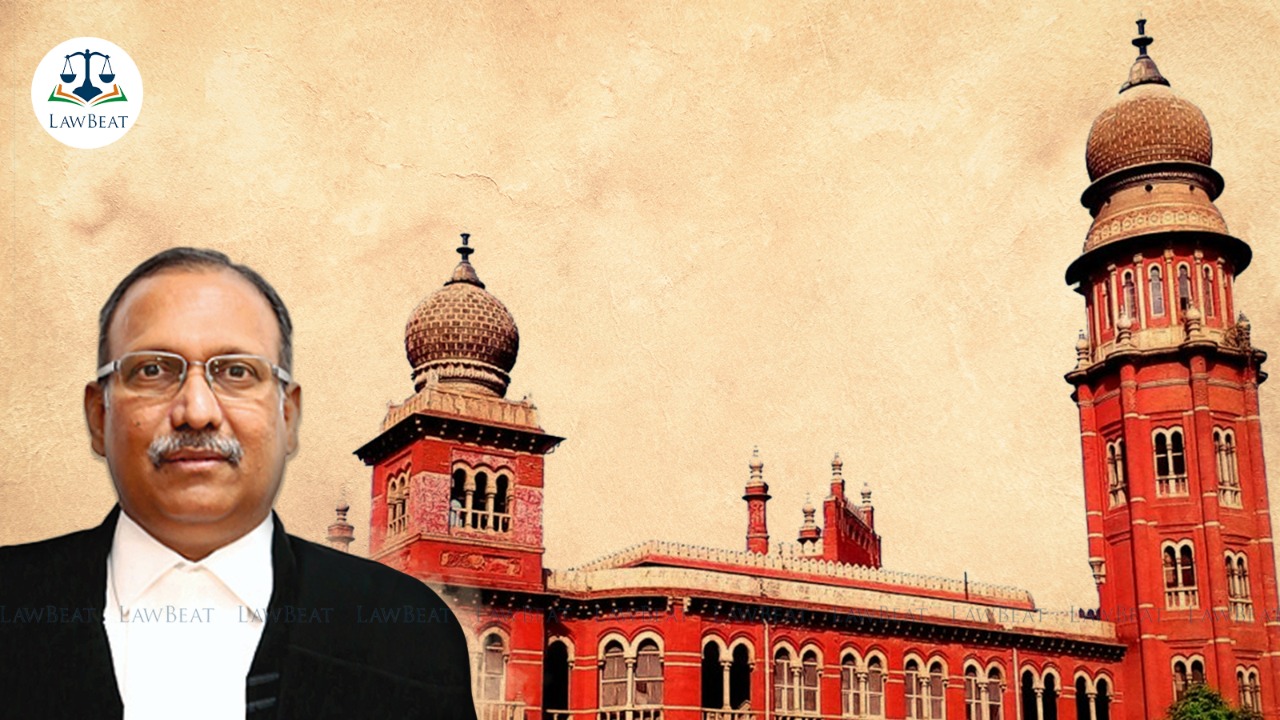In every student suicide case teachers, school cannot be blamed: Madras High Court

The mother of the deceased boy had alleged that the headmaster of the government school, where her son was a student, used to torture, and publicly humiliate students and her son was also subjected to such ill-treatment which drove him to kill himself.
The Madras High Court has said that for each and every act of students in a school, the teacher or headmaster cannot be blamed. Court said, "Whenever a case of suicide is found, the parents are not expected to blame the teachers and headmasters alone in the absence of any evidences".
The bench of Justice SM Subramaniam held that only if any teacher or headmaster of the school imposes corporal punishment, which is prohibited by the Education Department guidelines, then alone the teachers or headmasters shall be prosecuted and not otherwise.
"The practice of defaming the headmasters and teachers in general at all circumstances cannot be accepted. Teachers and headmasters are liable only if their misconduct, misbehaviour or otherwise are established through sufficient evidences," Court stated.
Mother of a 17-year-old government school student who had committed suicide in 2017, approached the high court alleging that her son was driven to kill himself following 'torture' by the headmaster of the school. Along with Rs. 10 lakhs as compensation, she sought disciplinary action against the school and the headmaster.
The woman alleged that the school headmaster "used to cut the hair of the boys in public, tear their trousers by using the blade and beat them ruthlessly while abusing in filthy language".
She claimed that her son was also subjected to such ill-treatment and on account of such continuous behaviour of the school headmaster, he committed suicide.
However, the special government pleader representing the Department of School Education and Public Department submitted objected to the allegations and submitted that on enquiry, it was found that the headmaster only used to maintain discipline amongst the children in the school. He apprised the court that as opposed to the allegations, the headmaster used to pay from his pocket and asked the students to cut their hair.
The special government pleader further informed the court that authorities conducted an elaborate enquiry into the incident pursuant to the orders of the Director of School Education, Chennai where it was found that the allegations raised by the woman were incorrect.
Moreover, there was a separate enquiry and investigation into the incident by the District Education Officer, Gudalur and Chief Education Officer, Nilgiris District and the jurisdictional Police as well who found that the deceased student was irregular in attending the classes and the allegations raised by the woman against the headmaster were in no way connected to her son's death.
The court observed, "General blaming or causing dis-reputation would affect the image of the school and cause prejudice to the interest of the other children studying in the very same school".
Court further stated that causing dis-reputation may be an easy way out, but maintenance of discipline in government schools and achieving good results are difficult tasks.
Therefore, holding that the allegations, if any, are to be established beyond any pale of doubt through acceptable evidences, court dismissed the present petition.
